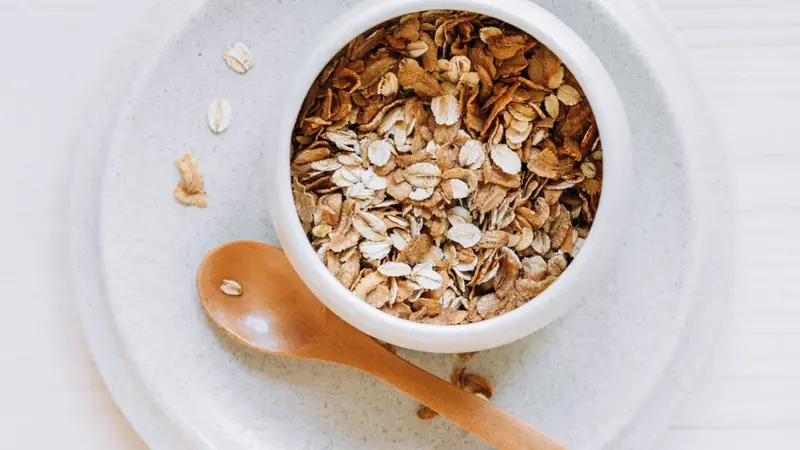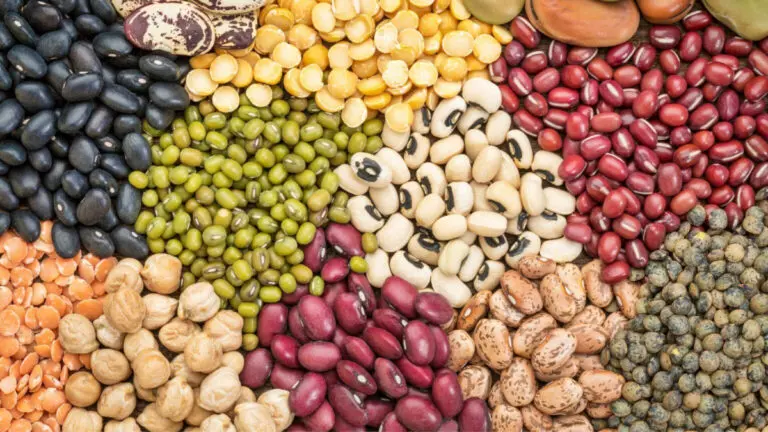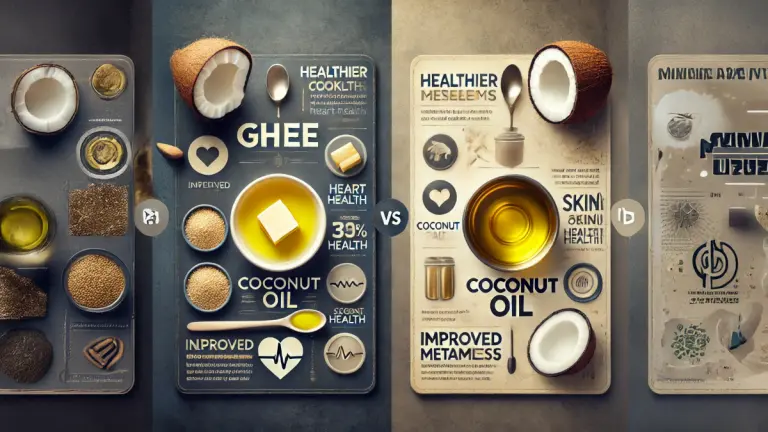Oatmeal is a type of porridge made from oats that have been cooked in water, milk, or a combination of both. It is a popular breakfast option and can be enjoyed in various ways. Including oatmeal in your diet can have several benefits for your health.
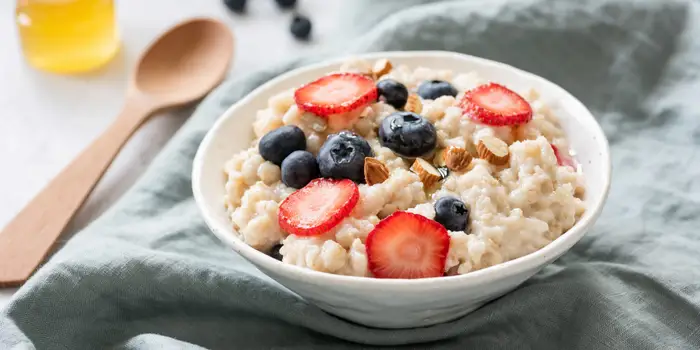
Here are some reasons why oatmeal is a nutritious food to include in your meals
High in Fiber
Oatmeal is a great source of dietary fiber. It contains both soluble and insoluble fiber, which can help promote healthy digestion, prevent constipation, and maintain bowel regularity. The soluble fiber in oats, specifically beta-glucan, has been shown to help lower cholesterol levels.
Nutrient-Rich
Oats are packed with essential nutrients, including vitamins (such as vitamin B complex) and minerals (such as iron, magnesium, and zinc). They also provide antioxidants that have potential health benefits.
Heart Health with oats
The soluble fiber in oatmeal, particularly beta-glucan, has been linked to a reduced risk of heart disease. Regular consumption of oats may help lower total cholesterol levels, particularly LDL (bad) cholesterol.
Blood Sugar Control
Oatmeal has a low glycemic index, which means it releases glucose into the bloodstream slowly and steadily. This can help stabilize blood sugar levels and provide sustained energy throughout the day. It is especially beneficial for individuals with diabetes or those looking to manage their blood sugar levels.

Weight Management with oats
Oatmeal can help you feel full and satisfied due to its fiber content. It can promote satiety and reduce hunger cravings, potentially aiding in weight management or weight loss efforts.
Energy Boost
Oatmeal is a good source of complex carbohydrates, which are the primary fuel for the body. Consuming oatmeal in the morning or before physical activity can provide a steady release of energy.
Versatility in oats
Oatmeal is highly versatile and can be prepared in various ways to suit different tastes. You can customize it by adding fruits, nuts, seeds, spices, or sweeteners to enhance the flavor and nutritional profile.
Nutrient Dense oats
Oatmeal is packed with essential nutrients, including manganese, phosphorus, magnesium, zinc, and B vitamins. These nutrients are important for various bodily functions, such as energy production, bone health, and immune function.
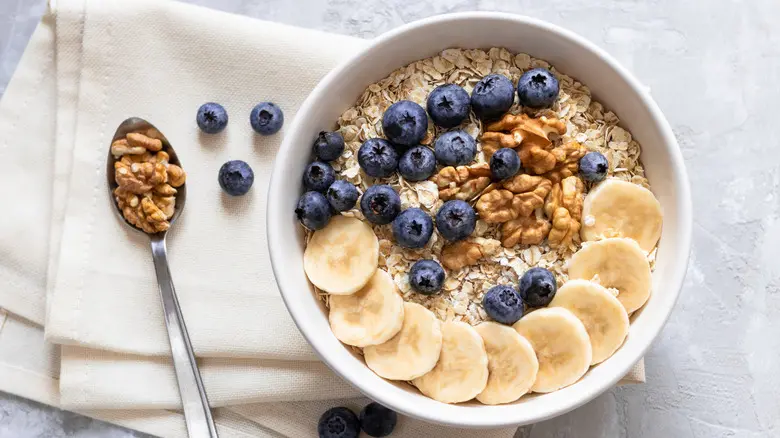
When incorporating oatmeal into your diet, opt for whole oats or steel-cut oats rather than highly processed varieties like instant oats, as they retain more nutrients and have a lower glycemic index. Additionally, it’s important to be mindful of portion sizes and avoid excessive amounts of added sugars or unhealthy toppings to maintain the health benefits of oatmeal.
(Disclaimer: The information given here is based on general information. Before adopting it, definitely take medical advice. THE MONK does not confirm this.)

